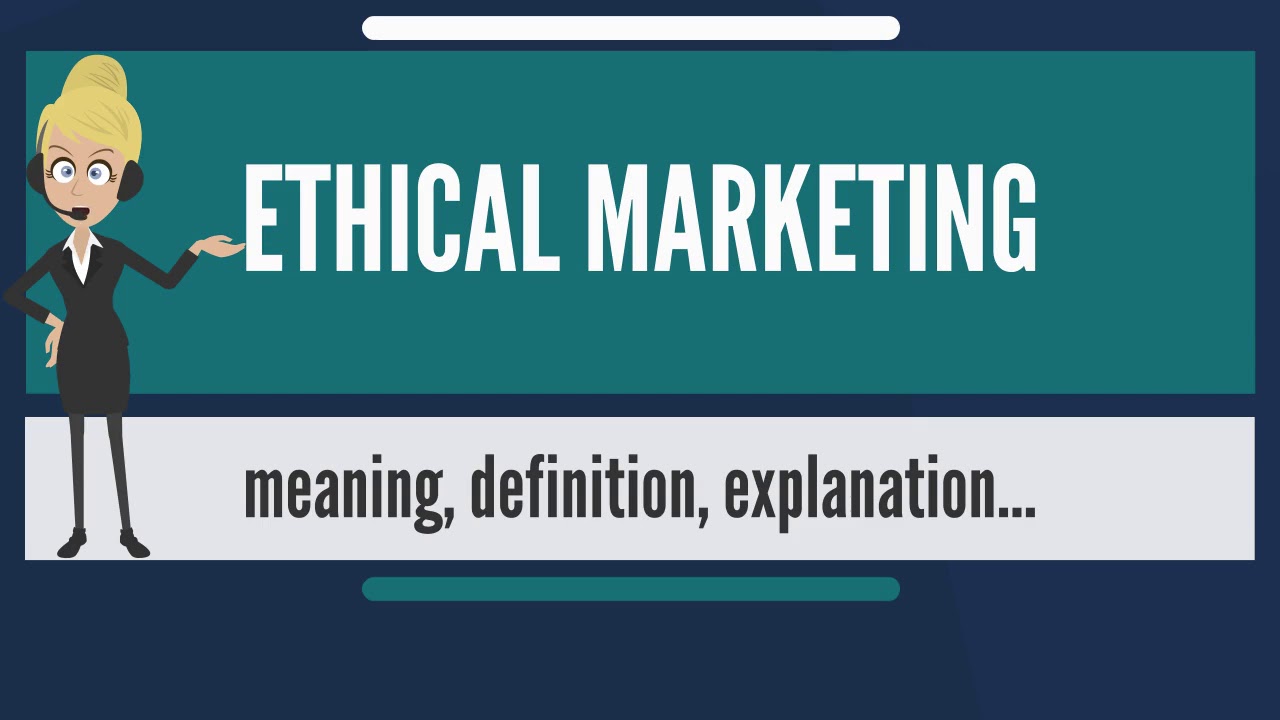Remote sales are becoming profitable, but employees have it easy to deter ethical behaviors due to the virtual setup. Below are pointers on building and managing a sales team that abides with an excellent moral code of conduct.
Employing the Right Set of Workers
The quest for building and managing a remote sales team starts with the question of who to hire.
Companies allocate ample time in hiring highly skilled individuals with little regard to their work ethics, personality, and moral compass. Therefore, one perspective to implement during hiring processes is screening candidates through unconventional means: a shift of focus from competency to employee attributes. The rationale behind this is that candidates can learn the skill sets along the way while attitudes, morals, and ethics can not—or at least it’s harder to instill them onto the workers.
But precisely what attitudes should any HR look into for each candidate? Here are some below:
- Applicants should be employees of integrity. This means they will still pick a morally correct decision under any ethical problems.
- Future employees should be empathizers, relate to their clientele’s pain points, and genuinely do everything in their power to present a solution.
- Team players encompass humility in their acts. This will reflect in how they interact with people and how they assure their competence to their interviewers.
Reinforcing A Working Culture Centered Around Ethical Values
At one glance, it seems that leniency is the pole opposite of competency. After all, at most times, competency will take a toll through lowering standards for leniency’s sake. The fact lies ahead where leniency and competency are non-contradictory values. Any manager can be compassionate while imposing a high grade of standards during working hours.
As a firm manager, it’s essential to establish a consensus with the employees of what is to expect from them and how to get to meet it. This agreement sets the standards well enough for these individuals to work for it without stepping out of ethical bounds.
The bar of expectation goes without saying that a support system should match the high standards that the business places on its employees. After all, workers will produce ethical output and behavior when firms treat them with ethical care.
Leniency and Competency
To further reinforce the idea of lenient standards, one way to look at building the culture of ethics through establishing a moral code of conduct. This morality inclusion may or may not exist in a profit-oriented company policy, so managers should develop an ethical code that does not contradict the organization’s goals.
Unlike your typical working setup, it’s also worth noting that remote employees are scattered across their respective locations—even across the globe. Your team may be working towards a single goal or objective, but each one of them holds a different perspective, circumstances, and culture. The diversity from these people solidifies the need for universality, consensus, and a non-negotiable demand for respect among them.
Managers should incentivize, give proper recognition for outstanding behaviors while reprimanding any negative ones. This form of management shines meritocracy for deserving individuals while providing room to correct wrongs to flourish.
Conducting Regular Sessions of Training
As mentioned, frequent training sessions in ethical marketing help in grounding the framework of ethics in the virtual space. Attending webinars, virtual workshops, and even in-person activities related to improving the skills set in the trade of remote selling helps meet the standards that propel the team forward.
There are a lot of career-related activities to implement within the working system. The training session about ethical marketing also serves as a great morale booster for employees, imploring them to gain insights, learn something new, and prevent stagnation, boredom, and unhappiness amongst the team’s roster.
Another activity worth considering is personality development sessions. Most of these courses, although paid, can bring ethical and life-changing impacts on individuals through fluid introspection of oneself. Personality development also aids in self-assessing, which helps in maximizing one’s strength while minimizing the weaknesses. Overall, these can help bring motivation, insights, and inspirations that may improve everyday working perspective.
Fostering Collaboration and Teamwork
Not all training is for self-improvement. There are also activities designed to improve the team’s collaboration and teamwork. Team activities permeate through group training sessions which are primarily available through payments. With the concept of excellent and ethical treatment towards employees bound to produce moral actions from them, HR managers and team leaders also simulate group activities through team building.
Such means of launching activity for the team can vary per business firm, but the effects are a staple. The most obvious is that team-building activities help stimulate and increase the overall morale of the working group.
Team building uplifts the motivation and self-worth of team members. Aside from self-interests, every team member gets a chance to enhance their interworking relationships with everyone around the environment. This creates a sense of interdependency which produces morally right actions while staying practical and productive.
Also Read: 5 Handy Tips to Help You Simplify Your SEO Practices
